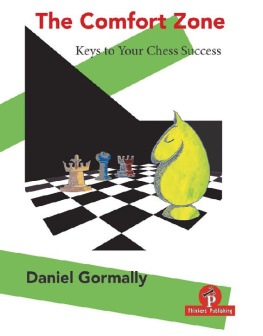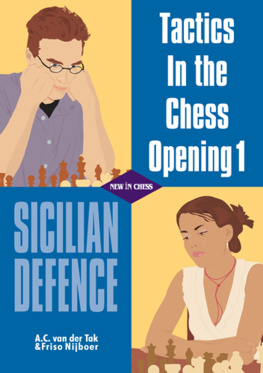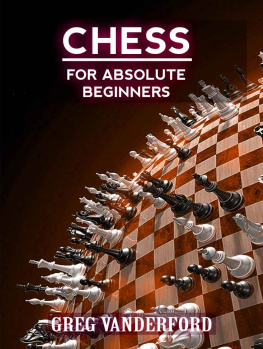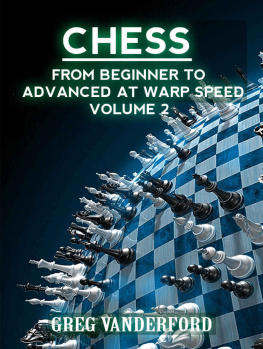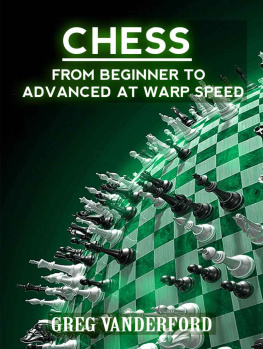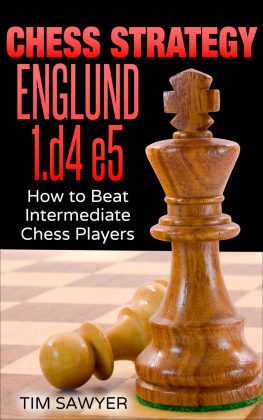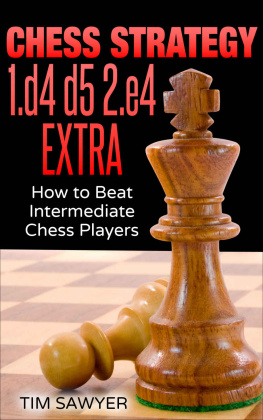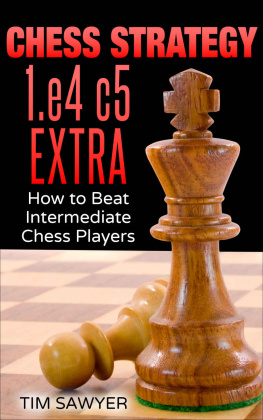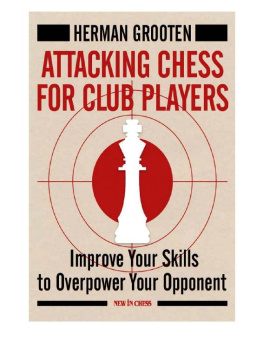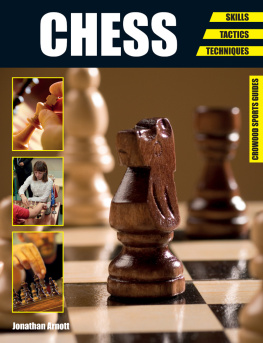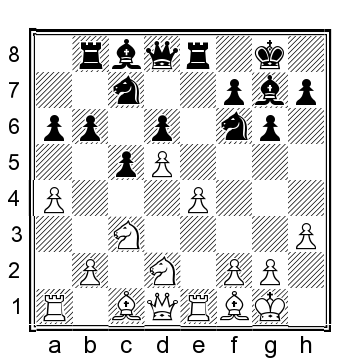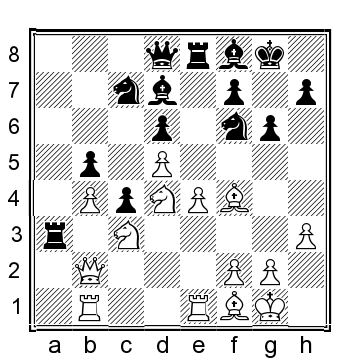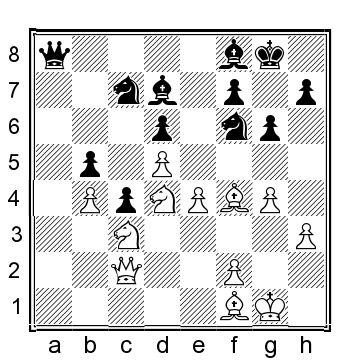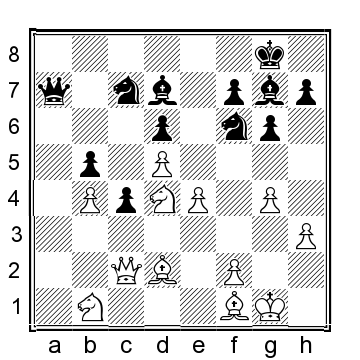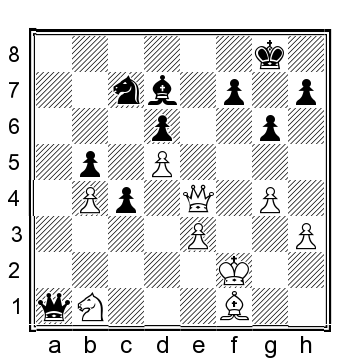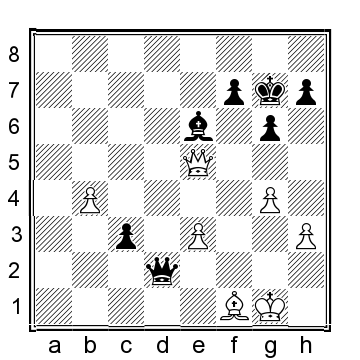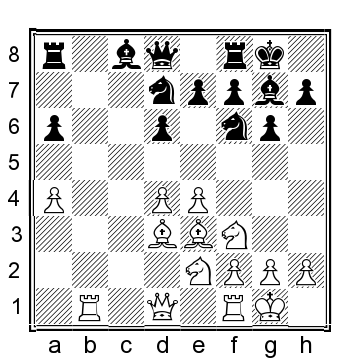Chapter 6.
Understanding with Mr Liem
Because of the pandemic wiping out over the board chess almost worldwide, online tournaments have flourished, and the best tournaments mostly feature the elite. It does however get a bit tiresome when you watch the same set of players for what seems like the 30th time. Magnus vs his mates, the sequel.
There is so much chess that you do not get excited anymore, like you should when you see a brilliant combination or strategical masterpiece. The moves themselves have lost their value, as if there are too many of them. Do you remember the excitement you felt when looking at chess games as a kid? That has completely gone, replaced by a never ceasing tide of the mediocre. The increasing commercialisation of chess online has made such tournaments inevitable, and yet you do wonder whether much imagination goes into the creation of these events. I would throw some other players into the mix myself perhaps. It would be fascinating to see how Magnus deals with the Gorms unique brand of attacking chess. (Quite well perhaps. The game might end up on the Amazon prime horror channel.)
One tournament which I think was a success was the Chess24 banter blitz cup, offering exactly the mix of abilities and styles that bring entertainment. Banter blitz is a useful concept and gives the viewer a unique chance to look inside the mind of a strong chess player, so that is something that our era has that the golden age of chess did not, save for the master game, a briefly cherished BBC concept from the early 1980s. Everybody has their favourite banter blitzer. Magnus Carlsen is good at it just as he seems good at everything else offering exactly the kind of sage wisdom that you would expect of one of the greatest players in chess history. But one player who really impressed me was the Vietnamese player Le Quang Liem.
21
Le Quang Liem
Lawrence Trent
Chess24.com, 03.09.2020
1.d4 N f6 2.c4 e6 3. N f3 c5 4.d5 exd5 5.cxd5 d6 6. N c3 g6 7. N d2 B g7 8.e4 0-0 9. B e2 N a6 10.0-0 N c7 11.a4 b6 12. R e1 R e8 13.h3 a6 14. B f1 R b8
15. R b1
A standard plan in such positions. So much of what we describe as understanding, is really just a combination of knowledge and experience, which of course is inextricably linked with memory. Perhaps this plan of playing R b1 and then b4, to counter Blacks own ideas of expansion on the queenside with ...b5, is not so obvious to an amateur player, but for a player of Liems class, its almost automatic.
15...b5 16.axb5 axb5 17.b4
Liem didnt think Black should take on b4, predicting ... N d7 instead.
17...c4
17...cxb4 18. N a2! is quite clever. After N xb4, White will be able to re-inforce his control over c6 with N f3d4.
18. N f3
Also, a standard rerouting. As Liem described, the knight will stand perfectly on d4, threatening N c6.
18... B d7 19. B f4
Its quite impressive that in the game, while talking, Liem noticed that 19. N d4? blundered a pawn to 19... N fxd5!
19... B f8 20. N d4 R a8 21. Q d2!
A patient build-up.
a) Liem also wondered if he should play 21.g4?! it should be noted that even very strong players are always unsure of themselves; not knowing exactly what to do in many positions. 21... R a3 22. Q d2 R xc3! is a very decent exchange sac. 23. Q xc3 N xe4 ;
b) 21.e5? is even more premature. 21... N fxd5+
21... R a3 22. Q b2?
At blitz, mistakes will come because of our inability to assimilate enough knowledge to make informed decisions. Liem believed that taking on c3 was not a threat, but it turns out that it very much was.
22... Q a8?
Trent doesnt believe in the concept either and returns the mistake.
22... R xc3 23. Q xc3 N xe4 Liem saw this but thought that Black didnt have enough compensation. Stockfish disagrees giving Black a clear edge. I think with more time to think theres every chance Liem would have changed his assessment.
We have our initial viewpoint of a position, but thats what extra time is for, to delve into the mysteries and try to challenge our immediate assumptions. So, when we talk about understanding, its not a linear thing, but changes its course. Its organic and the more knowledge we accrue, the greater the likelihood that our understanding will change and grow. 24. Q f3 f5! The knight on e4 is very strong.
23. R a1 R xa1 24. R xa1 Q b7 25. Q c2 R a8 26. R xa8 Q xa8 27.g4
27... Q a3!
Liem had missed this. Lawrence is a good active player and if you present him with a chance, will gladly take it.
28. B d2
On the theme of small tactical refutations of our opponents ideas. White wants to meet ... Q xb4 with N cxb5.
28... B g7 29. N b1 Q a7
30. B e3?
Liem suddenly realized it had all gone wrong.
30... N fxd5 31.exd5 B xd4 32. Q e4 B xe3 33.fxe3 Q a1 34. K f2+
Strangely enough despite this terrible position and his bad situation on the clock, Liem still seemed to think that he had some chances, and his expression had only changed to one of mild surprise, not that of the dismal fury that I seem to display when in an uncomfortable spot.
I think thats because the best players are at heart optimists they only really believe in the upside of chess. If the game is bad, theyll turn it around and win the game. That optimism allows them to see chances that others will miss, perhaps having already given up on the battle.
34... N xd5?
And sure enough, these chances soon arise.
34... Q b2+ 35. B e2 K f8! is a smart way to reel in the point preventing the invasion on e7, Whites only way of creating counterplay.
35. Q xd5 Q xb1 36. Q xd6 Q b2+?
Its easy to criticise. Both players were running on seconds.
36... Q a2+ 37. K g3 Q a7!
37. K g3 B e6 38. Q b8+ K g7 39. Q xb5 Q c3 40. Q c5 Q e1+ 41. K g2 Q d2+ 42. K g1 c3 43. Q e5+
Liem rightly predicts that White should be able to hold, but now blunders himself.
43... K f8 44. Q c5+? K g8!
It was only now that Liem became really annoyed, the truth dawning on him that the game has gone.
45. Q c7 c2 46. Q b8+ K g7 47. Q e5+ f6 48. Q xe6 c1= Q 49. Q e7+ K h6 50. Q xf6 Q xe3+ 51. K h1 Q e4+ 52. K g1 Q ce3+ 53. K h2 Q 4f4+ 54. Q xf4+ Q xf4+
A poor start, but the match was soon to turn around.
22
Le Quang Liem
Lawrence Trent
Chess24.com, 03.09.2020
1.e4 g6 2.d4 B g7 3. N c3 a6 4. B e3 b5 5. B d3 d6 6. N f3 N d7 7.a4 b4 8. N e2 c5 9.c3 bxc3 10.bxc3 N gf6 11. R b1 cxd4 12.cxd4 0-0 13.0-0
Liem felt at this stage of the game that Black had to play ...e5, or ...d5, otherwise in his words its too passive for Black. He felt White was better here for the following reasons:
Next page
